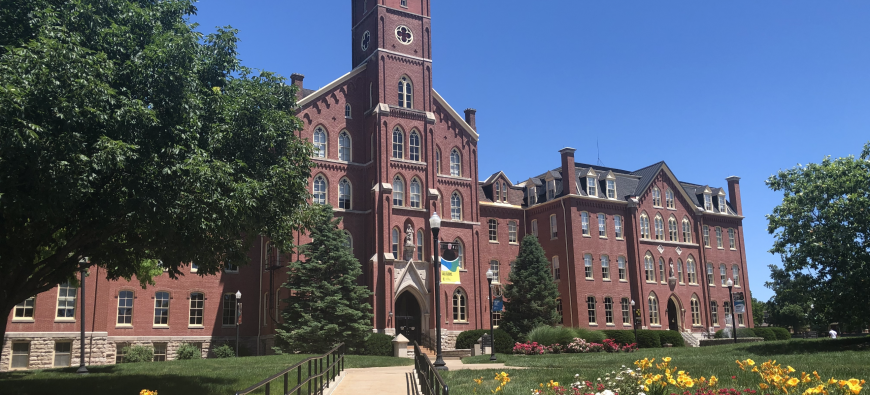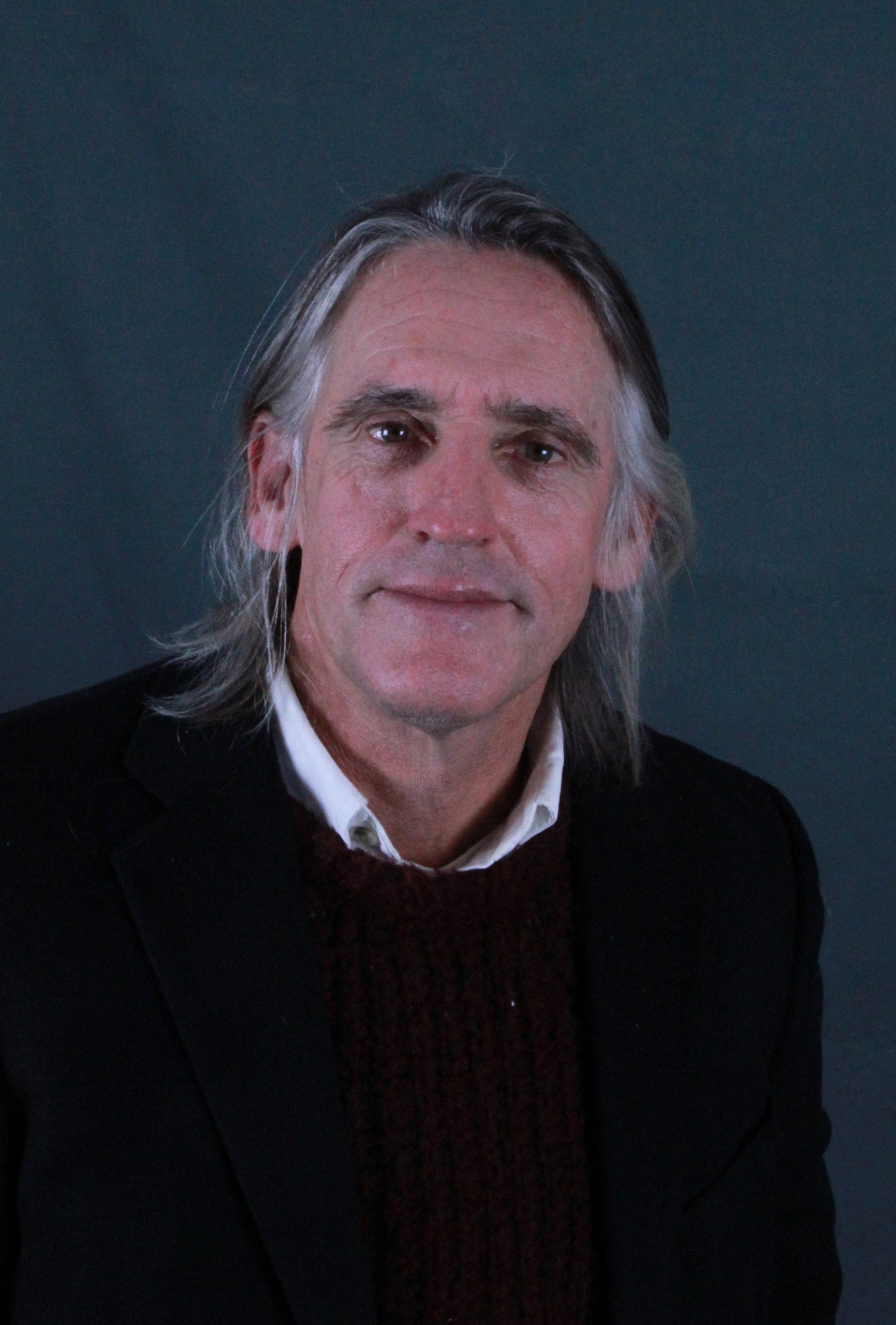
QU Philosophy Professor Published
Quincy University’s professor of philosophy, Robert Manning, Ph.D., recently authored an article entitled “The Later Heidegger and the Later Levinas in the Age of the Coronavirus.” 
“I teach Heidegger and so I thought the students might want to know how Heidegger’s thought could apply in our time of the pandemic,” said Manning. “I really appreciate the students in the history of philosophy class for their openness to thinking about what both of these important 20th-century philosophers say to us in our time of Covid-19.”
Manning originally wrote two short versions for his history of philosophy class last spring. He later expanded both versions and combined them into the published article. The article analyzes the later Heidegger thought on how people’s lives will continue to be more and more shaped by technology, and the later Levinas argument that the radical nature of our ethical responsibility to all other people makes us a hostage.
“So these two very different philosophers have much to say to us during this extraordinary time of pandemic when we rely so much on technology and also go to such unusual lengths to protect the lives of other people,” said Manning.
The late Martin Heidegger is widely considered one of the most important if not the most important philosophers of the 20th century, and Emmanuel Levinas, one of Heidegger’s Jewish students, has come to be considered the most important religious philosopher of our time.
The article was published in Gatherings: The Heidegger Circle Annual. Gatherings is a yearly peer-reviewed journal of scholarship on Heidegger, sponsored by the Heidegger Circle. For more information, visit https://heidegger-circle.org/.
Manning joined the Quincy University faculty in 1990 and was the first recipient of the university’s award for scholarly achievement. He earned a Ph.D. from the University of Chicago and is the author of 2 books and several articles published in top journals in the fields of philosophy and religious studies, including Philosophy Today and The Journal of Religion. He was a Fulbright Scholar to Romania in 2006-07 and has spoken at philosophy conferences in eight foreign countries.
Founded in 1860 by Franciscan friars, Quincy University is celebrating 160 years as a small Catholic university emphasizing the sciences, liberal arts and the professions. Quincy University offers undergraduate, graduate and adult education programs integrating practical experience and Franciscan values. Faculty and advisors work with students to design customized success plans to help them graduate on time, find their passion and prepare them for life. QU is a member of NCAA Division II for intercollegiate athletics. For more information, please visit www.quincy.edu or contact the Office of Community Relations at (217) 228-5275 or communityrelations@quincy.edu. Quincy University. Success by Design.

